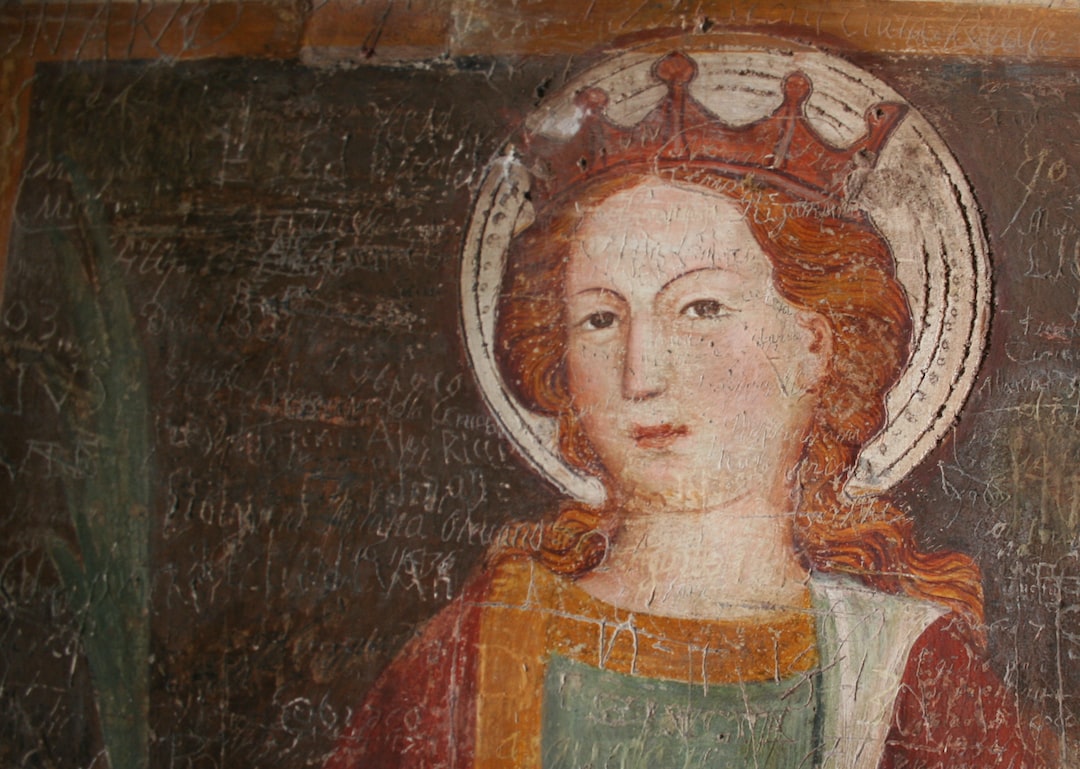Exploring the Intersection of Science and Religion
The relationship between science and religion has been a topic of debate and scrutiny for centuries. Throughout history, scientific discoveries have sometimes been perceived as conflicting with religious beliefs. However, a deeper analysis reveals that science and religion can coexist and even complement each other.
Science and religion both seek to understand and explain the world around us, albeit through different means. Science relies on empirical evidence, experimentation, and the use of the scientific method to arrive at hypotheses and theories. On the other hand, religion often uses faith, scripture, and philosophical inquiry to explore the mysteries of existence.
It is essential to recognize that science and religion answer distinct questions. Science aims to answer questions concerning the material world and natural phenomena. It seeks to unravel the mechanisms behind physical phenomena and provide explanations that can be tested and verified. Conversely, religion addresses questions of meaning, morality, purpose, and the existence of a higher power or supernatural realm.
When approached with an open mind, science and religion can enrich each other’s understanding. Scientific discoveries can deepen our appreciation for the wonders of creation, challenging and expanding our concepts of divinity. The vastness of the cosmos, intricate biological mechanisms, and the interconnectedness of all life can inspire awe and wonder, leading to a deeper spiritual understanding.
Furthermore, many scientists are driven by a sense of curiosity and an innate desire to uncover the mysteries of the universe. This pursuit of knowledge can align with religious values such as the exploration of truth, understanding, and respect for creation. By studying the natural world, scientists often gain a greater appreciation for the elegance and complexity of life, which can foster a sense of reverence and gratitude towards a higher power.
In some cases, scientific discoveries have led to paradigm shifts in religious thought. Galileo’s observations with the telescope challenged the prevailing geocentric view of the universe, causing conflict with the Catholic Church. However, over time, religious thinkers have reconciled the scientific understanding of a heliocentric model with their theological beliefs. This historical example demonstrates that adaptation is possible, and religious doctrines can evolve to accommodate new scientific knowledge.
Conversely, religion can provide moral and ethical frameworks that guide scientific research and technological advancement. Religion often emphasizes values such as compassion, stewardship of the Earth, and respect for life. These principles can shape scientific endeavors, ensuring responsible development, and preventing unethical or harmful applications of scientific discoveries.
In recent times, efforts have been made to bring science and religion into conversation through interdisciplinary dialogue. For instance, the field of “theology of science” seeks to explore the philosophical and theological implications of scientific advancements. By integrating scientific understanding into religious thought, theologians aim to bridge the perceived gap between science and religion and foster a more nuanced perspective.
While conflicts between science and religion have undoubtedly occurred throughout history, it is vital to recognize that they are often rooted in misunderstandings, misinterpretations, or rigid dogmas. Science and religion, when properly understood, can be seen as distinct but complementary systems of knowledge, each providing insights into different aspects of human existence.
At the intersection of science and religion lies an opportunity for dialogue, shared understanding, and growth. Rather than viewing them as opponents, we can recognize that both science and religion are human attempts to search for truth and answer fundamental questions about our place in the universe. Both have the potential to inspire wonder, promote understanding, and contribute to our collective wisdom.
In conclusion, exploring the intersection of science and religion presents an exciting frontier of intellectual inquiry. While they approach questions from different angles and methods, science and religion can coexist and complement each other, enriching our understanding of the world and our place in it. By recognizing their distinct but interconnected roles, we can foster harmony and bridge divides, allowing for a deeper appreciation of the complexities of existence.
